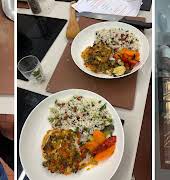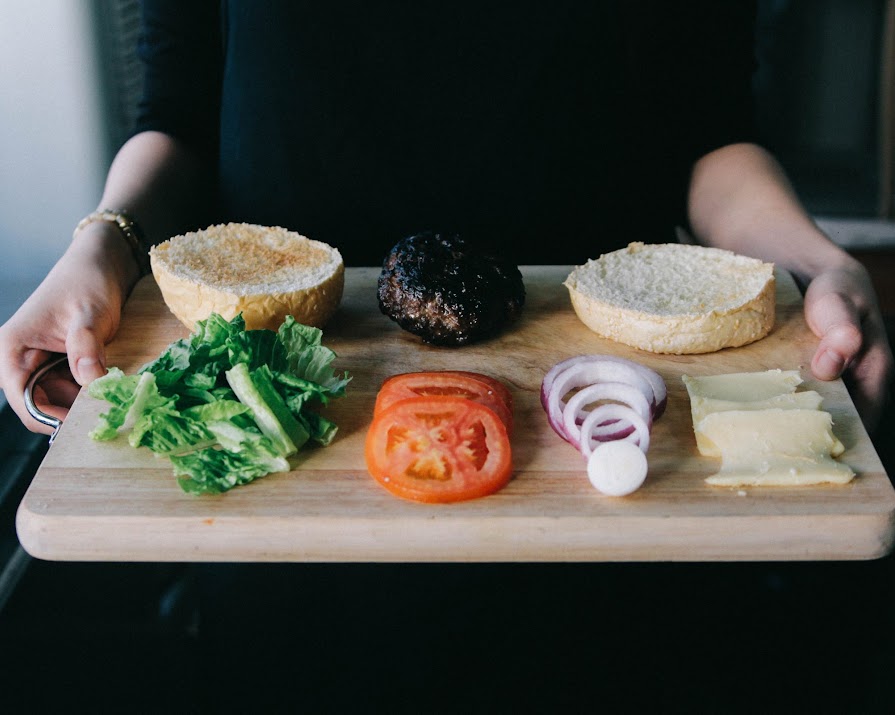
Intermittent fasting: everything you need to know about Google’s most searched diet trend
By Edaein OConnell
24th Feb 2020
24th Feb 2020
Is it a myth or is it actually good for us? Here is all you need to know about intermittent fasting – Google’s most searched diet trend in 2019
Many buzz words in the world of wellness appear from time to time.
With the changing of the seasons, a little blurb comes along which sends the health-conscious of us into meltdown. Some fall into the abyss never to be heard of again, but some pass the societal test.
One of those is intermittent fasting.
In 2019, it was the number one searched for diet trend on Google which means its popularity shows no sign of waning.
So what’s all the food fuss about?
What is intermittent fasting?
Intermittent fasting is an eating pattern that moves between periods of fasting and eating. The foods you eat aren’t specified, nor are any foods necessary. This is why many don’t view intermittent fasting as a diet. Instead, they view it as an eating pattern.
The beginnings of intermittent fasting come from a practice of intense fasting that has been known for years to increase life expectancy and improve metabolic health in animals. Studies have proven the technique works on just about every mammal but the idea of capped calories never cemented in the lives of humans. In new book This Book Could Save Your Life by Graham Lawton, the author and New Scientist writer explains how humans who had the willpower to fast showed increased signs of good health.
“The best that has been achieved in experiments is a 10% reduction in energy intake for a few months. However, a few hardy people do manage to maintain it voluntarily for years, and they show clear improvement in cardiovascular disease risk and other markers of health.”
Intermittent fasting was then created to be a tolerable method to achieve the benefits of calorie reduction.
How to do it?
According to Lawton, the most common, easiest and flexible method is the 16:8. Sleep is included as fasting time, so if you begin fasting at 8pm, this continues until midday the next day. This is the same as skipping breakfast.
The 5:2 diet – which was made popular by celebrities such as Miranda Kerr – is another method which allows 5 days of normal eating and two days of restricted intake, usually 500-600 calories a day. Others do complete fasting which lasts from 24 hours to 5 days. This can then be repeated weekly or monthly.
The Warrior Diet entails fasting throughout the day bar some raw fruit and vegetables, then you eat one huge meal at night.
Others skip meals spontaneously when they don’t feel hungry or are too busy. Once the food eaten during the other parts of the day is healthy, this is recognised as a type of fasting.
What are the benefits?
Studies have shown intermittent fasting can change the function of cells, genes and hormones by increasing cellular repair. Insulin levels drop and the growth hormone increases which aids with fat burning.
It can also reduce insulin resistance which subsequently lowers blood sugar levels and lowers a person’s risk of developing type two diabetes.
Studies in rats have shown that intermittent fasting can extend lifespan too. One study showed that rats that fasted every other day lived 83% longer than those that didn’t.
Who does it?
Weight loss service Unislim has just launched its ‘Flexifast’ plan which means intermittent fasting is now available in their traditional program. One of Unislim’s leading dieticians Sarah Keogh said of the new plan: “Evening fasting also allows people to realise how much food they might be snacking on after dinner. Flexifasting is a 14 hour overnight fast that aims to reduce nighttime nibbling and help people to manage their weight in a safe and healthy way.”
Celebrities such as Hugh Jackman, Jennifer Lopez, Beyonce and Nicole Kidman swear by the technique as do many personal trainers and dieticians.
If it’s good enough for the stars and those in the know, does it mean it’s good enough for us?
Read more: 10 feel-good feeds in Dublin city for the January slump
Read more: 5 hikes for beginners in Ireland to do this weekend
Read more: The case for NOT pushing yourself to your limit























